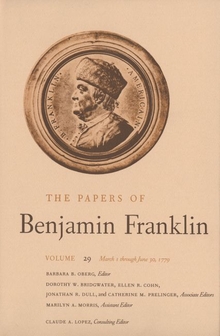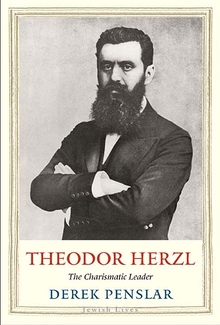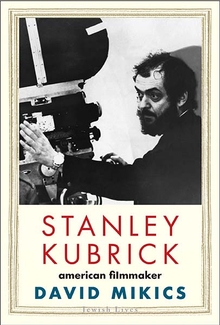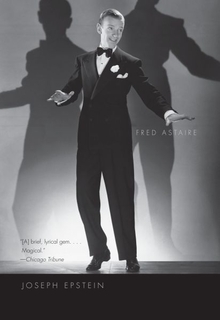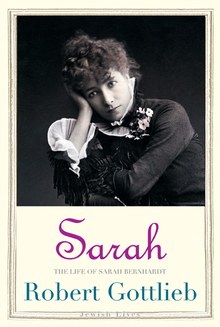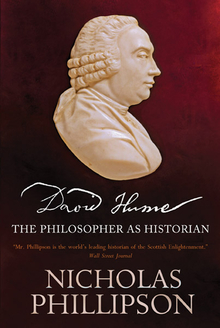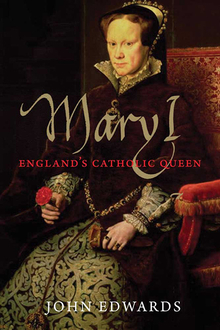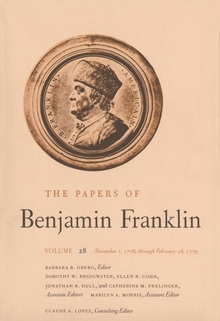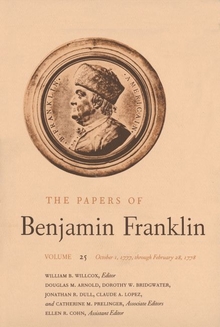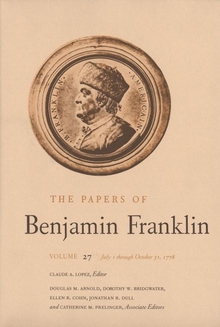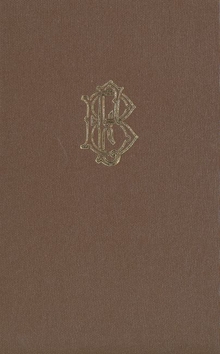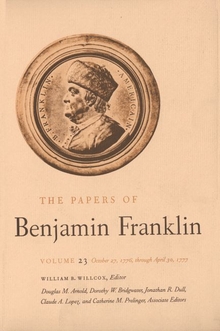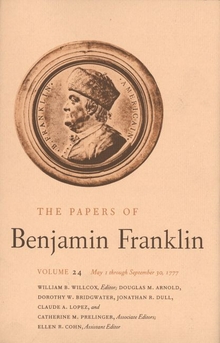The Papers of Benjamin Franklin, Vol. 29
WARNING
You are viewing an older version of the Yalebooks website. Please visit out new website with more updated information and a better user experience: https://www.yalebooks.com
Volume 29: March 1 through June 30, 1779
Benjamin Franklin; Edited by Barbara B. Oberg
Dorothy W. Bridgwater, Ellen R. Cohn, Jonathan R. Dull, Catherine M. Prelinger, associate editors; Marilyn A. Morris, assistant editor; Claude A. Lopez, consulting editor
This volume marks the first full months of Franklin's tenure as sole American minister to the Court of France. Relieved from the necessity of having to work any longer with John Adams and Arthur Lee, Franklin took charge of the American mission with new-found vigor, writing on average fifty letters a month, sometimes in spurts of six or seven a day. No other period of his life has left so full a documentary record.
In the absence of a network of American consuls in France, the business of receiving cargoes, fitting out ships, supervising the procurement of supplies, and tending to the interests of American citizens abroad fell to the American minister plenipotentiary. Prominent among the naval captains with whom he dealt was John Paul Jones; this volume reveals the first attempts of Franklin and the French Court to devise a mission for the Bonhomme Richard squadron.
Busy diplomat that he was, Franklin always had time for scientific and other pursuits. His paper on the aurora borealis was delivered to the Academie des sciences. He attended experiments on the ingenious microscope solaire by the young scientist of future Revolutionary fame, Jean-Paul Marat. In May, he was elected Venerable of his Masonic lodge.
During these months too, Franklin resumed his earliest profession and avocation, printing. He established a type foundry at Passy in 1778 and had his press in operation by the following spring. In this volume is reproduced the first Passy imprint that can be dated with any certainty, his invitation to an Independence Day celebration. Also in the spring he reworked an essay that he had conceived over sixty years before. Entitled "The Morals of Chess," it became one of his best-known lighter pieces.
"This superb project continues to produce definitive volumes that are among the easiest of all documentary editions to use."—Journal of the Early Republic
"To read it through, or merely dip into it, is to be fascinated by the period, by the formidable powers of Benjamin Franklin and by the fresh look it affords at a formative period in American history."—Taliaferro Boatwright, New London Day (New London, CT)
"[A] sumptuous book. It is in part a companion volume, containing essays by scholars of the period, and in part a catalogue of the exhibition, beautifully produced and amply illustrated. . . . As a coffee-table book it is delightful. . . . Dip into it lightly here and there. This will prove an absorbing and illuminating occupation. . . . But the chief pleasures of this book . . . come from the fascination of seeing, on page after page, the details of life as it used to be and how we have changed it all for better or for worse."—J. W. M. Thompson, Literary Review
"The Franklin papers project has been celebrated in the past by other reviewers. But several of our reasons for celebration bear repeating. Among those may be counted: the immense complexity in gathering materials surrounding a figure of such ubiquitous significance; the invaluable tapestry produced by interweaving material to as well as from Franklin; the intelligent methodology employed in everything form ascription to spelling; the precise yet Franklin-like clarity of introductions, notes, and other appended discursive information; the excellent cross-references regarding correspondence, persons, places, and things; and a complete and reliable index."—James Taag, Pennsylvania Magazine
Publication Date: July 29, 1992

